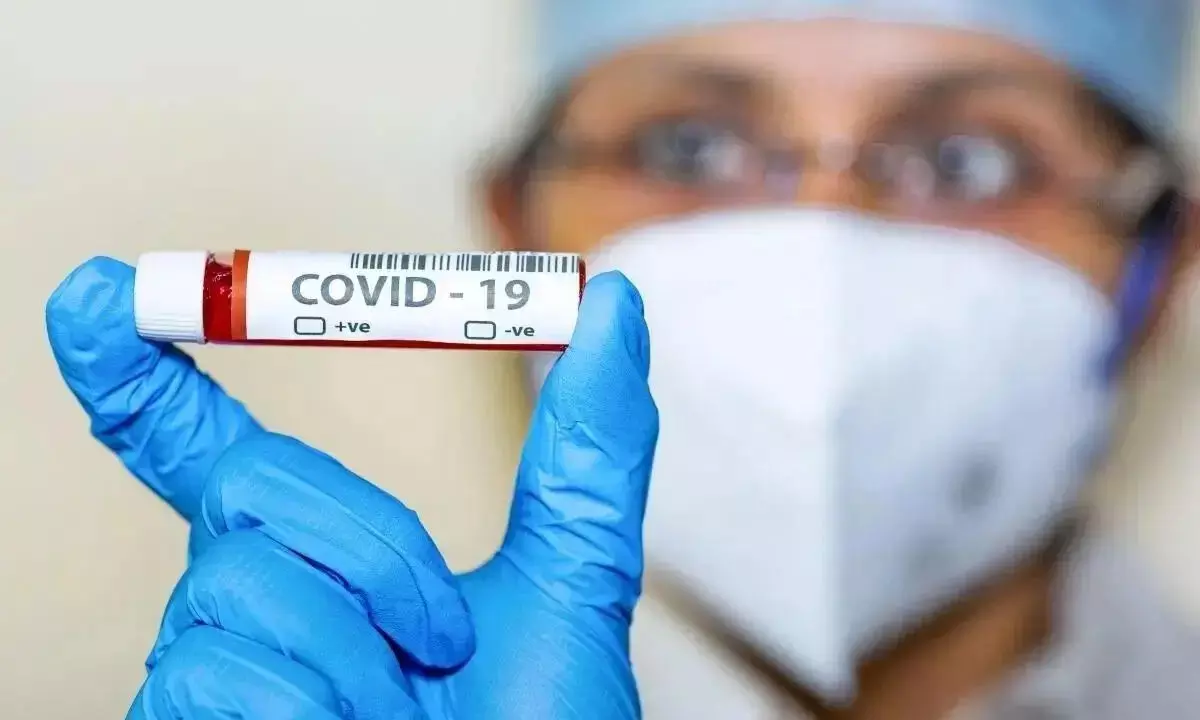IISc researchers discover new mutations in coronavirus

For representational purpose
IISc researchers have discovered a number of new mutations in the coronavirus SARS-CoV2, which accumulated rapidly through recombination and impacted viral proteins, particularly several regions of the viral spike protein.
Bengaluru: IISc researchers have discovered a number of new mutations in the coronavirus SARS-CoV2, which accumulated rapidly through recombination and impacted viral proteins, particularly several regions of the viral spike protein.
A group of IISc researchers noted an unusually substantial rise in the number of recombinant strains of the Omicron variant in January 2022, when the virus' Omicron version was spreading quickly.
Shashank Tripathi, an assistant professor in the department of microbiology & cell biology and the centre for infectious diseases research, functioned as the study's principal investigator.
"Viruses can evolve by either recombination or mutation," according to Tripathi. It is a tactic to broaden its genetic variety. New mutations that accumulated through recombination at a rapid rate and impacted viral proteins, particularly several regions of the viral spike protein, were found in the study that was published in the Journal of Medical Virology.
Certain components or domains, including the Receptor Binding Domain (RBD) and N Terminal Domain (NTD), are known to have a role in the virus-host binding and have also been mentioned as potential targets for immune system attack by the host.
" The team demonstrated that numerous such Omicron recombinant and mutant strains were able to circumvent the host's defences and adhere more closely to the host cell with the help of these changes," said a release from IISc.
IISc stated that their findings add significantly to the accumulating evidence regarding how well emerging virus strains evade immune defence and spread diseases. A key worry when developing vaccines is that viruses like SARS-CoV-2 are known to mutate often, making it difficult for the immune system to recognise and eradicate them.
A lengthy single-stranded RNA makes up the coronavirus's genetic material. Moreover, RNA polymerase, a protein needed to duplicate this RNA, is known to be prone to error.
In addition to allowing mutations to accumulate, the polymerase frequently promotes recombination between various viral strains. Co-infection, or when a host cell is infected by more than one virus strain, makes this conceivable. There are already more than 35 recombinant coronaviruses, according to Tripathi.








